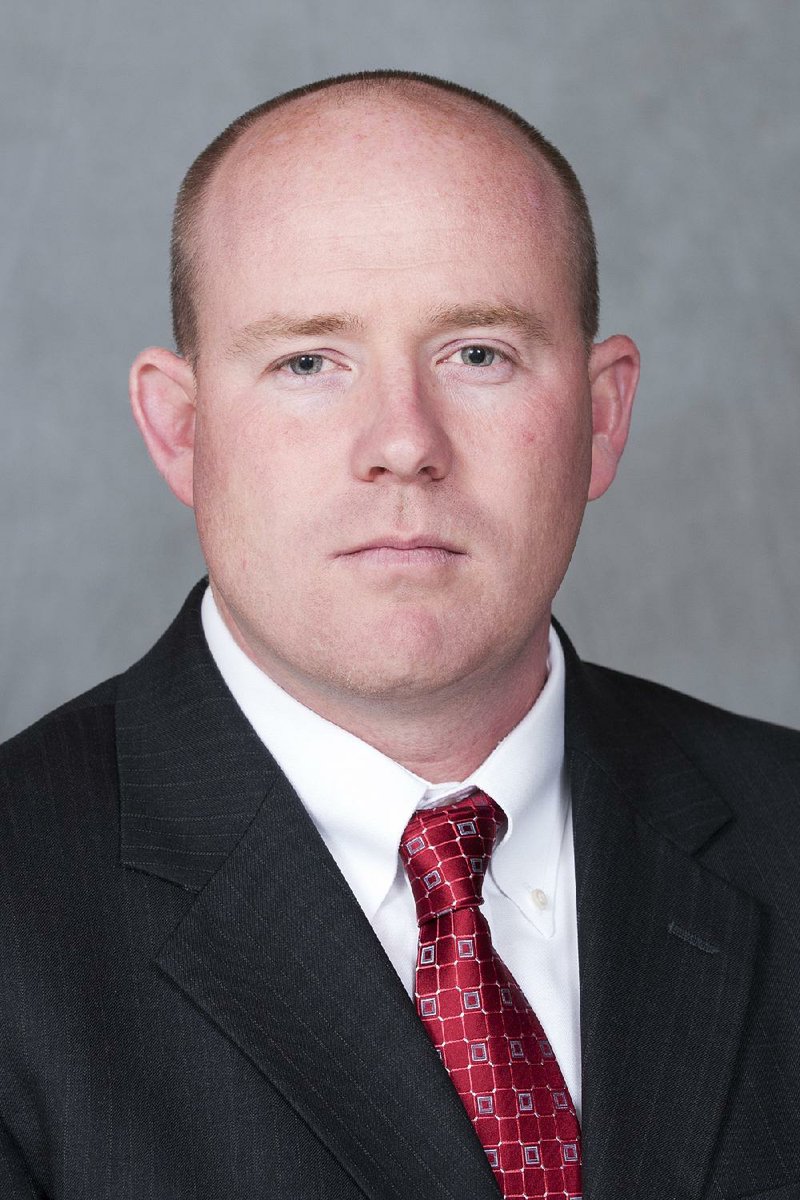Republicans continued to bolster their control of the General Assembly during Tuesday's General Election, and state Democrats said afterward that their message had been lost amid voters' anger at government.

In addition to their electoral gains, state House Republicans gained another member Wednesday when state Rep. Jeff Wardlaw of Hermitage announced he was switching parties after winning re-election as an unopposed Democrat on Tuesday.
"Over the last few years my constituency has gradually changed and I have found the issues that are important to them, which I share, such as protecting our 2nd Amendment rights, protecting the unborn, traditional marriage and a strong military are more in line with the Republican Party," Wardlaw said in a statement.
With all of the state's precincts reporting, and including Wardlaw's party change, Republicans gained 10 seats in the House and two in the Senate. The makeup of the incoming 35-member Senate will be 24 Republicans and 11 Democrats, and the 100-member House will have 74 Republicans and 26 Democrats.
One of the House seats picked up by Republicans came from independent state Rep. Nate Bell of Mena, a former member of the party who was term-limited.
The Republican Party narrowly failed to gain a three-fourths "super-majority" of each chamber that would allow it to pass appropriations bills without any support from the minority party.
Democrats had expressed hope leading up to the election that they would be able to put a stop to the gains Republicans made in 2014 and 2012, when the GOP took control of the Legislature. The Democrats lost 16 seats two years ago and 11 seats in 2012.
On Wednesday, both Republican and Democratic leaders in the state expressed shock at the number of seats that changed parties.
"I don't think anybody expected the change to be as big at it looks," said House Minority Leader Michael John Gray, D-Augusta.
Republican Gov. Asa Hutchinson said in a news conference that he had not expected the national presidential race to have a strong influence on state races, before adding that he had been proved wrong.
"We did not see in the election yesterday Donald Trump in isolation, we saw Donald Trump as a Republican leader bringing votes all the way down the election cycle to legislative races, to county judge races," Hutchinson said. "The people that voted for Donald Trump voted Republican down the ticket."
Arkansas Democratic Party Chairman Vincent Insalaco released a statement Wednesday afternoon thanking supporters and pointing out that Democratic presidential nominee Hillary Clinton led the nationwide popular vote.
A spokesman for the state Democratic Party declined to make Insalaco available for an interview Wednesday. At the headquarters in Little Rock, staff members were locking up around noon, with one telling a reporter they were "taking a mental health day."
Democrats who lost their state House bids offered differing outlooks on the state of their party. Many of Tuesday's losses came in former Democratic strongholds such as south Arkansas and the Jonesboro area.
State Rep. Camille Bennett, D-Lonoke, said she recognized during the campaign she faced an uphill re-election battle in her central Arkansas district, which stretches from Pulaski County to Arkansas County.
Republican Roger Lynch defeated Bennett by more than 4 percentage points, according to election results from the secretary of state's office. Bennett won her first bid for office by just over 1 percentage point.
"I'm not terribly surprised. I spent a lot of time traveling my district, and people are frustrated with the way government is running right now," Bennett said. "I'm pleased that the margins were as close as they were."
In Jonesboro, attorney Nate Looney sought to reclaim House District 58 for the Democratic Party. The last Democrat to hold that office, then-Rep. Harold Copenhaver, had lost his 2014 re-election bid. However, the tallies Wednesday showed Looney earned almost 3 percentage points less than Copenhaver.
"When we looked at this race 16 months ago we thought that [the] numbers were there," Looney said. "I still think it's somewhere that can be won in the future."
Looney said he felt his platform of investing in education and campaign-finance change resonated well with voters.
The incumbent Republican, Rep. Brandt Smith, had campaigned on an anti-abortion message and promised to revive attempts to pass a law clarifying that American laws have authority over foreign ones. Smith did not respond to messages seeking comment Wednesday.
Gray, the House minority leader, said Arkansas voters' unhappiness with government was part of a "national political wind" that swept into state races.
"I don't see this being a policy-driven election, I think people were frustrated with things that weren't working," Gray said.
The transition of Arkansas from a traditionally Democratic state to one in which the Republican legislative majority has expanded in three election cycles reflects voters' attitude toward the leadership in government, said Hal Bass, a political science professor at Ouachita Baptist University.
"For whatever reason, there seems to be something in Arkansas' political culture or political heritage to be a one-party government," Bass said. "We don't seem to have an affinity for two-party competitive politics."
Because Democrats turn out more during presidential election years, Bass predicted the party would continue to struggle to turn turning legislative losses in the next election in 2018.
"I think it's going to be another two cycles before Democrats get another electorate that is more favorable to them," Bass said.
A Section on 11/10/2016
